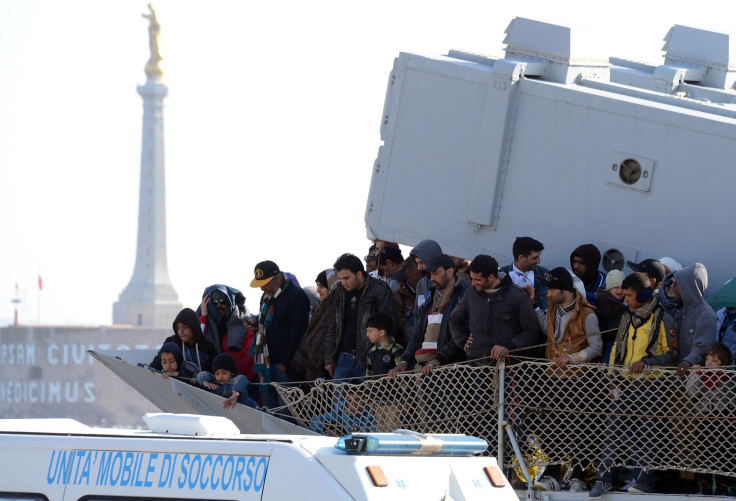EU Ministers Fail To Agree Deal On Resettling Refugees As Mediterranean Migrant Crisis Grows

European Union ministers failed Thursday to agree a deal on the resettlement of 40,000 refugees, exposing deep divisions in the bloc on how to respond to the crisis posed by an influx of asylum seekers from North Africa and the Middle East.
“The debate we've had today has been difficult. It's a very sensitive issue," Luxembourg Foreign Minister Jean Asselborn, whose country hosted Thursday's ministerial meeting told the Associated Press.
Asselborn also told the agency that European ministers did reach an agreement on how to distribute 20,000 refugees, many of whom are from Syria, currently being housed outside Europe, but were unable to reach a deal on the future of 40,000 making their way to Greece and Italy over the next two years. Ministers will meet again in July to try to hammer out a deal.
This year has seen a humanitarian crisis develop in the Mediterranean, with tens of thousands of refugees, many fleeing violence in countries like Syria, Afghanistan and Eritrea, have attempted to cross to Europe in ramshackle boats.
A report from the UN Refugee agency published earlier this month found that 137,000 people made the crossing in the first six months of 2015, an 83 percent rise on the same period the previous year. It also found the 1,867 people had died during the crossing, up from 588 from 2014.
Southern European nations, in particular Italy, Greece, Malta and Spain, who are the most common points of arrival for the refugees, have sought assistance from their northern neighbors in dealing with resettling them.
The EU has proposed a quota system, backed by southern nations, which would see other EU nations commit to resettle a certain number of refugees who arrive in Mediterranean countries. The plan, however, has met with resistance from some countries, including the U.K. and Germany. They have resisted the idea of mandatory quotas, arguing that refugees should not be sent to countries in which they may not want to live.
As negotiations took place last month, Italian prime minister Matteo Renzi lashed out at fellow EU leaders for rejecting the quotas, and accused his peers of looking after only their own interests.
"If that's your idea of Europe, you can keep it," Renzi told his counterparts. "Either give us solidarity or don't waste our time," according to Australia's ABC News.
Renzi is reported to have warned that, without a fair deal, Italy would start issuing temporary visas to enable migrants to travel beyond Italy under Schengen rules, according to the BBC. In addition, reports suggest that Italy would refuse to allow migrants rescued by foreign navies to disembark on its shores.
© Copyright IBTimes 2024. All rights reserved.




















